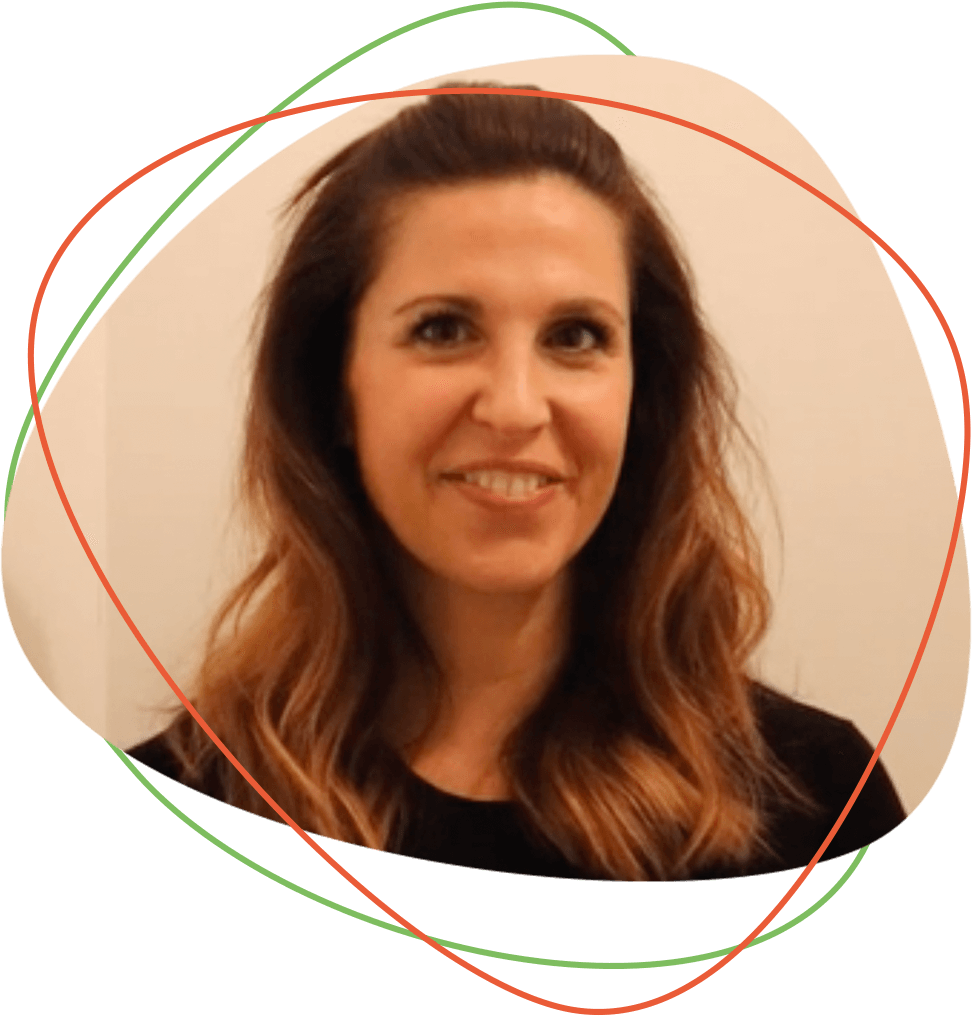Everyone can benefit from successful and positive team dynamics, whether that’s at work, at home, or in other areas of your life. Being part of a great team really is one of the most rewarding feelings! As you make those first steps into the world of work and get first-hand experience of teamwork in new environments, you’ll find that group work can be carried out in many different and fun ways.
Why do you think teamwork is important?
Teamwork offers the opportunity for you to develop and grow. You learn from others, share your ideas and become motivated to do the best work you can. You also gain leadership and communication skills as well as developing new skills from role models in your team.
*Top Tip* Teamwork skills are a great attribute to add to your CV!
What does a good team dynamic mean to you?
Try to think of the key building blocks to achieving and maintaining a good group environment.
Think of some examples from times at school where you might have had to work with classmates that you found difficult to work with, and then think of a time when you have found working in a team easy. What was the difference between these two experiences?
Effective 'team' work
Understanding the importance of good team dynamics and how to play your part in that is a crucial element of job satisfaction and creating a positive working environment for yourself and others. When your team is ‘in the zone’ it keeps you feeling energised and excited throughout the day!

What are team dynamics?
Positive team dynamics occur when team members have a level of trust between each other, work collaboratively, and come together to meet a specific shared goal or purpose. Members take ownership over their own work in the group and are held collectively responsible for group outcomes.
Team dynamics can be present in all areas of life, not only at school and work. Team dynamics are also present in our social life, for instance in a friendship group each individual tends to have a different role in the group. This is what makes the group unique!
Positive teamwork
At the heart of positive team dynamics is communication. Great teams communicate well and usually their members are happy to share ideas, brainstorm together and ask for feedback. Despite having different ideas, teams can decide on a solution and move forward to achieve this together.
Can you think of three different ways you have successfully communicated with others on a shared project (E.g., Offered feedback, given instructions, proposed new ideas, or set deadlines)? If this is something you struggle with, read our top tips on how to use your voice effectively.
When it comes to working with others, it’s not always a smooth and easy ride. We’re sometimes paired with people we may not know very well, there may be different levels of commitment or availability to work on the project, and varying skills and strengths. While this might seem challenging at the time – these differences often pave the way for producing the best outcomes.
When the dynamics work well, there are a number of positive results, with positive effects on areas such as creativity, productivity, and efficiency.
Positive teamwork is an integral building block for organisations and can lead to an improved team culture and working environment for everyone.
Talent sharing
Can you think of any subjects or skills that you don’t feel as strong at as you do with others?
For example, are you good at making quick calculations and sharing your results with others, or do you prefer to get started by working on a catchy project title?
There are multiple and varied ways we can share our skills with others, and it’s a good idea to get an understanding of everyone’s skills before starting the project so that each member’s skills are used in the best way possible.
Can you think of the different roles a team of five might take on to complete a newspaper article? For example; a writer, an editor, a publicist, an interviewer, and a researcher. Think about the varying skills you might need for each of the five roles.
Different people will be better suited to each of these roles based on their favoured learning style, experience, and interests. Each role will require different approaches and talents. Combining varied talents and skills is a great way to achieve a well-rounded finished project. Each member of the team has a responsibility to use their skills effectively and work together equally. Although some people in your team might not have the same working style as you, overall, you complement each other when talents are shared.
How to work productively with everyone on your team
Sometimes in a work environment you will have to work with people you might not otherwise choose to spend your time with. This is one of the joys of the workplace: getting to meet people outside your immediate social circle.
Think about past experiences at school, where you may have been grouped with others who you didn’t know. After working on a project together, you may find that you’ve gotten to know these new people over a collective task, and you may even have become friends from the experience.
Can you think of an example at school when you’ve enjoyed working on a project with others?
How to improve your teamwork skills
-
Be clear: being crystal clear on the task ahead of you, and the part you are responsible for, is extremely important when it comes to working with others.
-
Listen: make sure you listen carefully to fellow team members and consider their ideas before communicating your own. Having different viewpoints is usually a positive and might help you to broaden your mind-set too!
-
Establish team rules: keeping everyone on the same page will help to make sure your project is successful. Agree on set times when you will meet and who will do which element. This will keep everything running smoothly until you reach the deadline!
So, what now?
The activities below have all been designed to help you get fully ready to take your next steps - whatever pathway you choose to take. Each set of activities ranges from a short activity which should take no more than 30 minutes, through to portfolio activities, which are longer, project-based tasks. The more time you spend on each activity, the more you'll get out of it, but you should be able to find something each week to fit into your schedule.
Why not start with the short activity first and then work your way through the remaining activities until you’ve completed them all?
Short activity
Icebreaker activities can be a fantastic way to build team relationships.
- Do some research on virtual icebreakers and complete it with your friends online.
One example may be 'the background challenge'.
-
Before your online event, set a theme and ask your friends to pick a virtual background image that, for them, represents it best.
-
Get creative, there are no rules or limits.
-
Once everyone has joined the event, get them to switch on their virtual background at the same time.
What does each person’s background say about them? Does it showcase their skills and attributes? Does it reflect their personality?
These short, fun activities are a great way to build rapport, understand a bit more about what each person brings to the table, as well as the dynamics of the group.
Main activity
Imagine that an investment group have given you the chance to launch your own business. An investment group is a group of people that will give you money to start your business, in return for a percentage of the profit.
It could be anything you’re passionate about - maybe you want to open a bakery, start a record company, or launch your own clothing company.
This is a great opportunity, but you can’t do it alone.
-
Who are the first five people you want to hire and why?
-
Think about the skills you need your team to have and the different personalities that will help get your business off the ground.
Write a proposal to the investment team to argue why they should give you money to hire these five people. Remember to be clear and persuasive. This is your chance to secure your dream team and make your business a success!
Portfolio
A common thing to include in a CV is a section on your ‘Key Skills’.
Employers will often ask for you to expand on these in more detail at interview and hear about examples of when you’ve used these skills in real life.
-
Think about the key skills that you have and write an example of a time when you have demonstrated that skill while working in a team.
-
Remember to focus on the skills you used and actions you took to contribute to the team’s success.
Have a friend or family member review your examples and make any edits that you want. Then, keep these examples to hand for the next time you’re completing an application or invited to interview.
PSHE lesson
Having explored the importance of team dynamics with students, use the following game to get students to put what they’ve learnt into practice.
Game: Crack the Code
- Working together students must complete a series of problem-solving exercises to find hidden letters and then rearrange them to spell out a code word and crack open the safe. The first to open the safe wins a prize!
If you want to increase the competition, set a time limit so students are working to beat the clock!
At the end of the activity, ask students to reflect on how they worked effectively as a team and if there is anything they could do to improve their teamwork should they be faced with another challenge.


